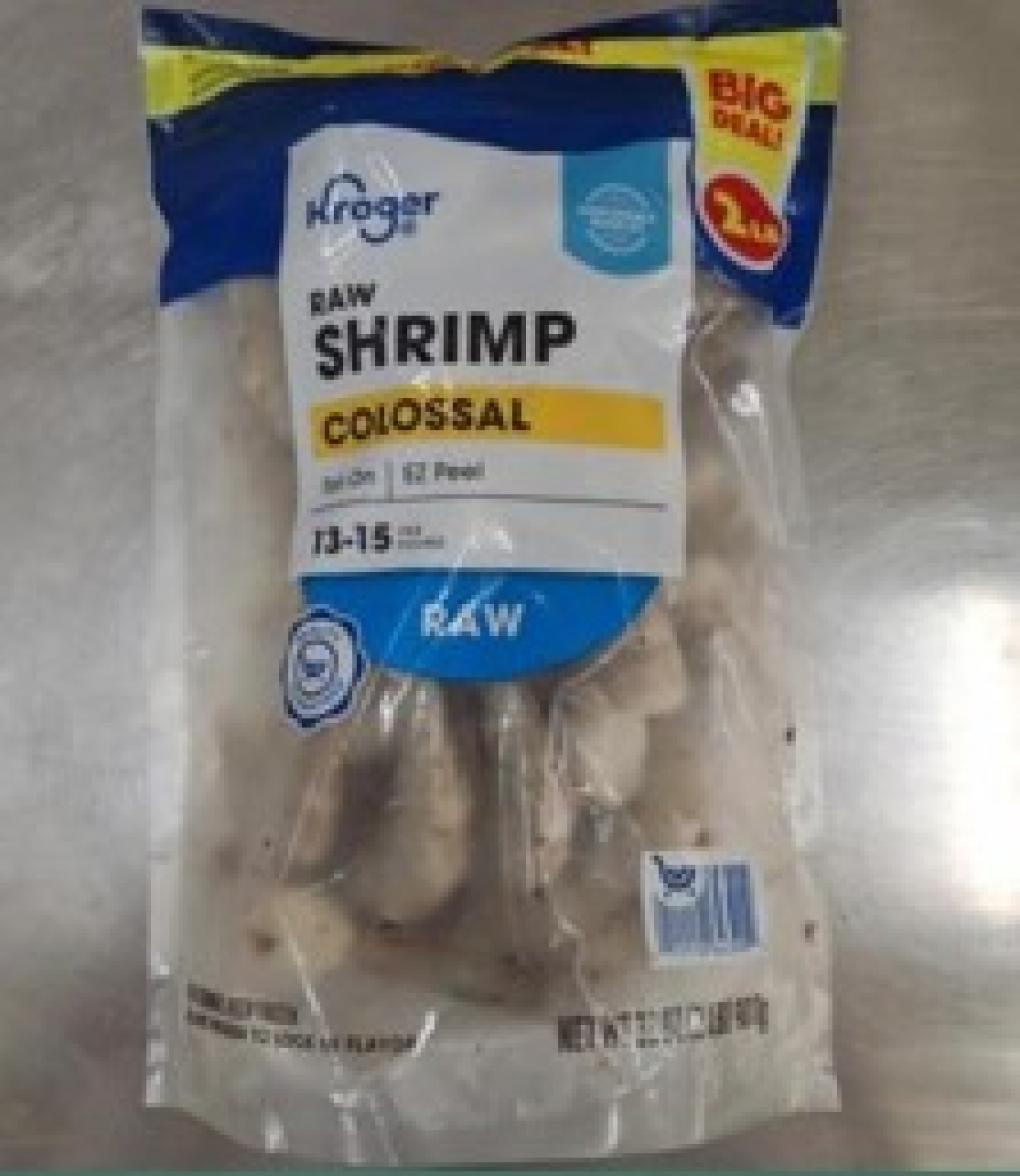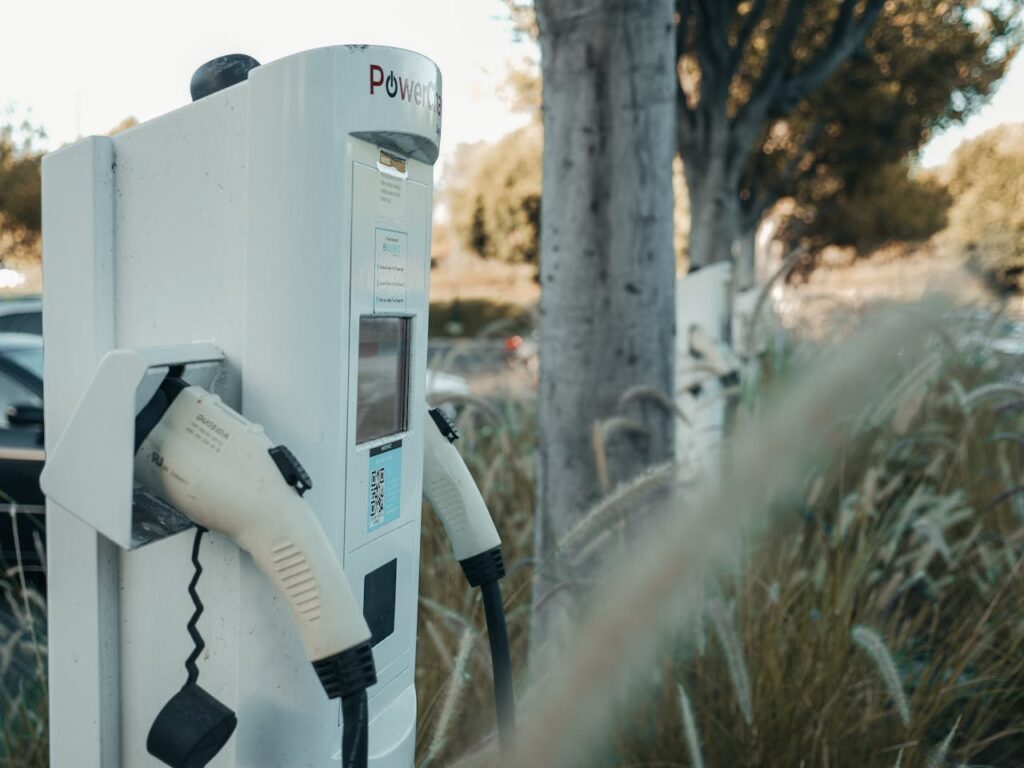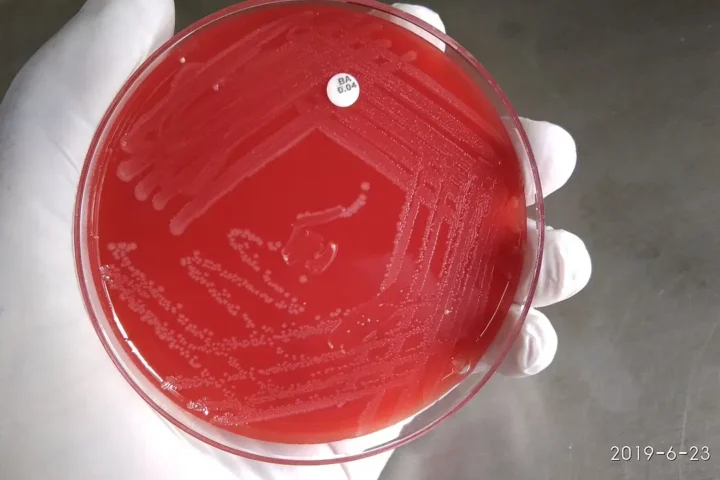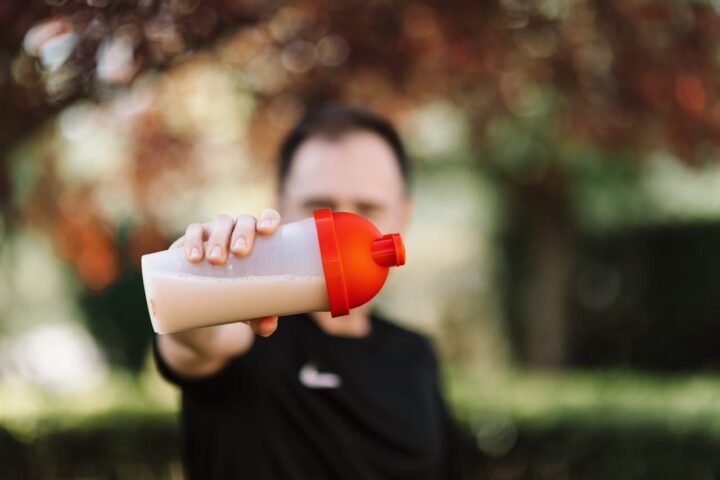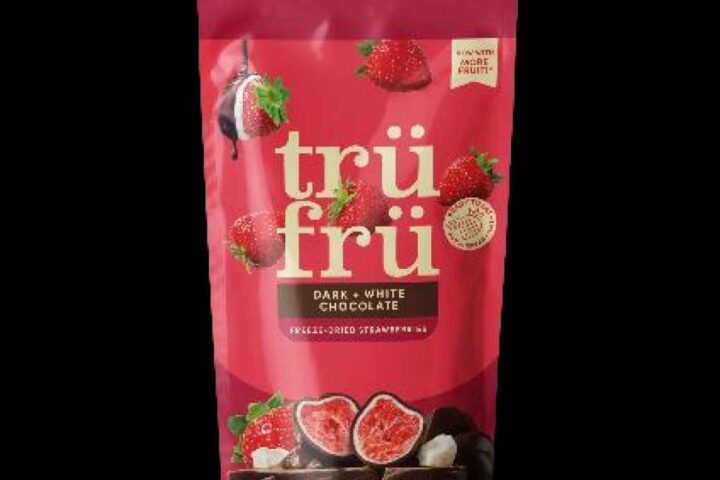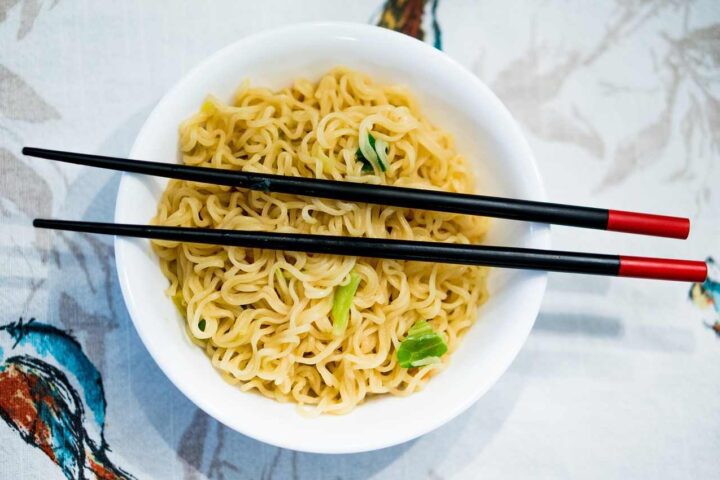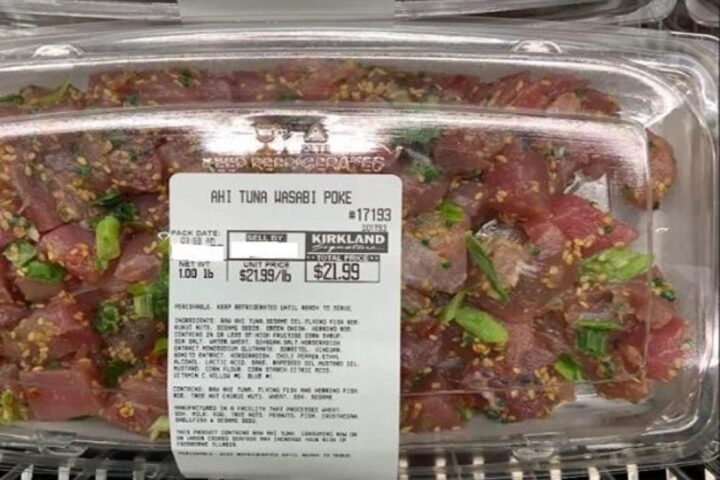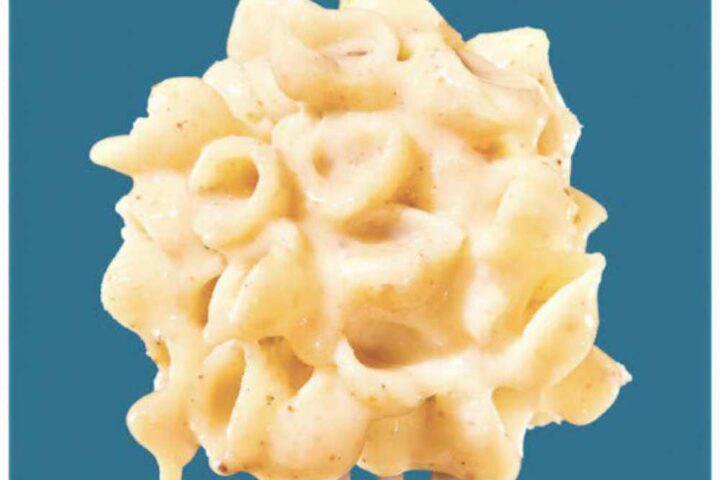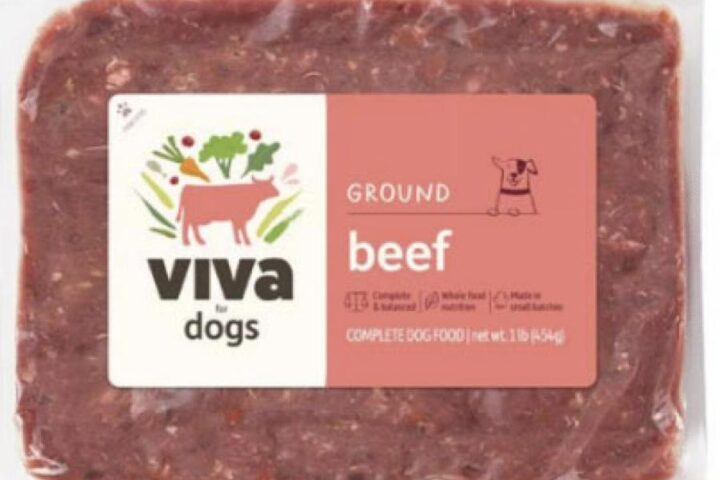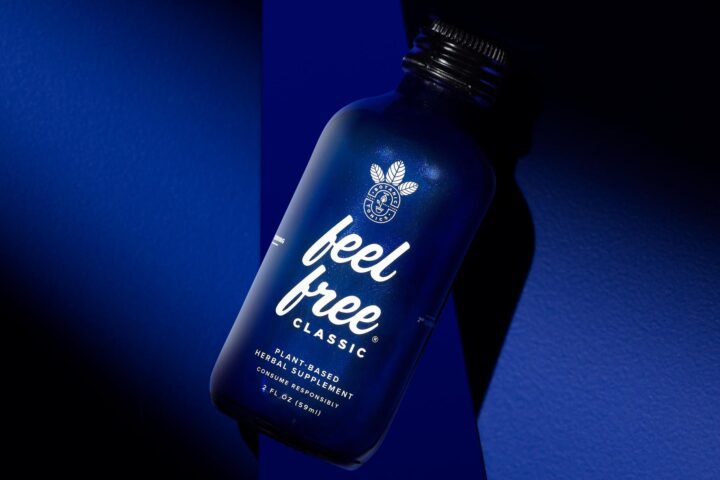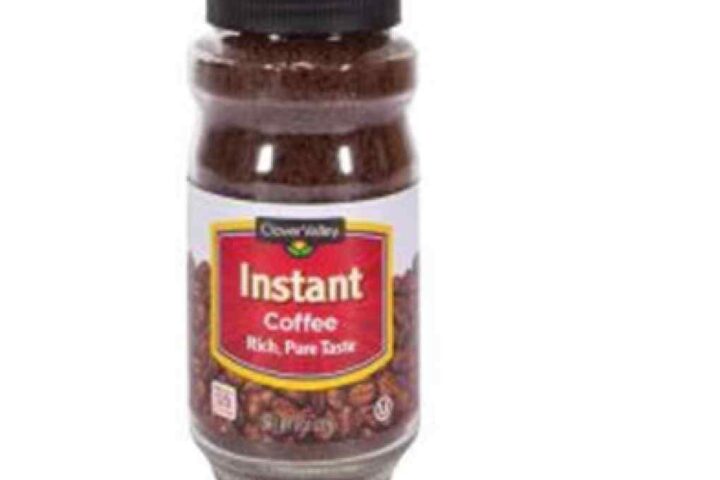FDA Shrimp Recall Interactive Guide
Check if your frozen shrimp is affected by the precautionary recall
Check If Your Product Is Recalled
Enter your product details below to verify if it’s affected by the precautionary recall:
✅ Product Not Identified in Current Recall
Based on the information provided, your product has not been identified in the current recall list.
Recommendation: Continue to check the FDA advisory page for updates, as recalls may expand.
⚠️ Product May Be Affected by Recall
Your product matches criteria for the precautionary recall. Please take the following steps:
- Do not consume the product
- Return to place of purchase for a refund, or
- Dispose of the product properly
- Verify specific UPC and lot codes on the official FDA recall page
Understanding Radiation Levels in Context
The detected level of Cesium-137 (68 Bq/kg) is significantly below the FDA’s Derived Intervention Level (DIL) of 1,200 Bq/kg.
68 Bq/kg
1,200 Bq/kg
About Cesium-137
- What is it? A radioactive isotope that can enter food chains through environmental contamination
- Half-life: Approximately 30 years
- FDA Position: Taking precautionary steps despite low detected levels to prevent cumulative exposure
What To Do If You Have Recalled Shrimp
Check
Match your package details against the FDA’s official recall list
Don’t Consume
Do not eat recalled products, even if they appear normal
Return or Dispose
Return to store for refund or dispose following local guidelines
Report
Report concerns through official FDA reporting channels
Frequently Asked Questions
The FDA investigation is ongoing. The Indonesian processor PT. Bahari Makmur Sejati has been placed on import alert for “insanitary conditions” that violate food safety standards.
The recall affects products distributed to more than 30 states. Check the FDA advisory for the full list of affected states and specific product details.
The detected levels (68 Bq/kg) are far below FDA’s intervention level (1,200 Bq/kg). The recalls are precautionary to prevent potential cumulative exposure over time.
The FDA advisory page provides links to firm-specific recall notices with detailed product information, including UPC codes, lot numbers, and “best by” dates.
The FDA states that the detected radiation levels are low and no illnesses have been reported. If you have concerns, consult with a healthcare provider. You can also report any adverse effects through the FDA’s Safety Reporting Portal.
Recall Details
Below is information about the specific products and distributors involved in the recall:
PT. Bahari Makmur Sejati (Indonesia)
Status: On FDA Import Alert
Reason: Insanitary conditions at processing facility
Distributors Affected
- Southwind Foods
- Beaver Street Fisheries
- AquaStar
Retailers Affected
- Kroger (various private label products)
- Walmart (Great Value brand)
- Other regional grocery chains
The FDA updated its advisory this September as concerns over potential cesium-137 contamination rippled through seafood supply chains. While FDA confirms no product that tested positive for radiation has entered U.S. commerce, distributors have recalled potentially affected products from major retailers including Kroger and Walmart.
U.S. Customs and Border Protection caught the problem in August when they detected radiation in a shipment from Indonesian processor PT. Bahari Makmur Sejati. Tests showed around 68 Bq/kg of cesium-137 – notably below the FDA’s Derived Intervention Level (DIL) of 1,200 Bq/kg used to guide actions, but enough to trigger precautionary recalls.
“At this time, no product that has tested positive or alerted for Cesium-137 (Cs-137) has entered U.S. commerce,” the FDA confirmed, while still placing the Indonesian firm on import alert. This regulatory hold blocks their products until they fix what the agency calls “insanitary conditions” that violate food safety standards.
The FDA’s action targets frozen shrimp from multiple distributors including Southwind Foods, Beaver Street Fisheries, and AquaStar brands sold at Kroger and other chains. Affected UPC codes and lot numbers are listed on the FDA advisory page, which keeps updating as more products join the recall list.
Understanding the Contamination Risk
Cesium-137 isn’t something you want in your seafood boil. This radioactive isotope can enter food chains through environmental contamination, and while the levels detected were low, food safety regulators don’t take chances with radiation.
FDA applies Derived Intervention Levels for radionuclides to assess when action is warranted. Even though detected levels were well below the threshold for immediate health concerns, the agency takes precautionary steps to prevent potential cumulative exposure.
Check, Dump, Return
If you’ve bought frozen shrimp lately:
- Match your package details against the FDA’s recall list
- Don’t eat recalled products
- Return to store for refund or dispose properly
- Report any concerns through FDA channels
No illnesses have been reported, but the FDA isn’t taking chances. Their investigation continues into how the contamination occurred at the processing facility.
The FDA states the import alert listing will remain until they have confidence that future shipments will comply with the Federal Food, Drug, and Cosmetic Act.The recall shows how border screening, import alerts, and recalls system work together to catch problems before they reach consumers’ plates. For now, shoppers should keep checking the FDA’s advisory page, which remains the best source for up-to-date product information as this seafood safety net tightens.
Frequently Asked Questions (FAQ)If your shrimp is on the recall list, don’t eat it. The FDA says no contaminated products reached stores, but they’re recalling certain frozen shrimp as a precaution.
Check your package against the recall information on the FDA website. Look for brands like Kroger, AquaStar, Southwind Foods, and Great Value (Walmart).
Cesium-137 is a radioactive substance that can enter food chains through environmental contamination. It’s not naturally occurring – it comes from nuclear activities.
If consumed, it can increase your risk of health problems because it emits radiation inside your body. Your body can mistake it for potassium, leading it to be absorbed in muscles and other tissues.
The recall includes frozen shrimp from:
- Kroger branded products
- AquaStar products
- Southwind Foods products
- Beaver Street Fisheries products
- Great Value (Walmart) products
All recalled products are linked to an Indonesian processor called PT. Bahari Makmur Sejati.
First, don’t panic. The FDA states that no products that tested positive for cesium-137 entered U.S. stores. The recalls are precautionary.
No illnesses have been reported in connection with these products. The detected radiation level (68 Bq/kg) is much lower than what would cause immediate health concerns.
If you have concerns, contact your healthcare provider for guidance.
To check if your shrimp is recalled:
- Look at the brand name (Kroger, AquaStar, etc.)
- Check the UPC code (barcode number) on your package
- Note the lot number and “best by” date
- Compare these details to the FDA recall page
The FDA’s advisory page links to each company’s specific recall notice with detailed product information.
The FDA hasn’t specified exactly how the contamination occurred. They’ve stated the products appear to have been “prepared, packed, or held under insanitary conditions” at an Indonesian processing facility.
Cesium-137 can enter the food chain through environmental contamination. The processor (PT. Bahari Makmur Sejati) has been placed on import alert until they resolve these issues.
The investigation is ongoing, and the FDA is working with Indonesian authorities to determine the source.
Yes. If you have recalled shrimp, you can return it to the store where you purchased it for a full refund.
Keep your receipt if you have it, though most stores will process the refund even without one since this is a safety recall.
If you have questions about returns, you can also contact the companies directly using the phone numbers provided on the FDA recall notices.
No, this recall is specific to certain frozen shrimp products. The FDA hasn’t mentioned any other seafood being affected.
The recall is limited to products processed by PT. Bahari Makmur Sejati in Indonesia. Shrimp from other processors and other types of seafood are not included in this recall.
